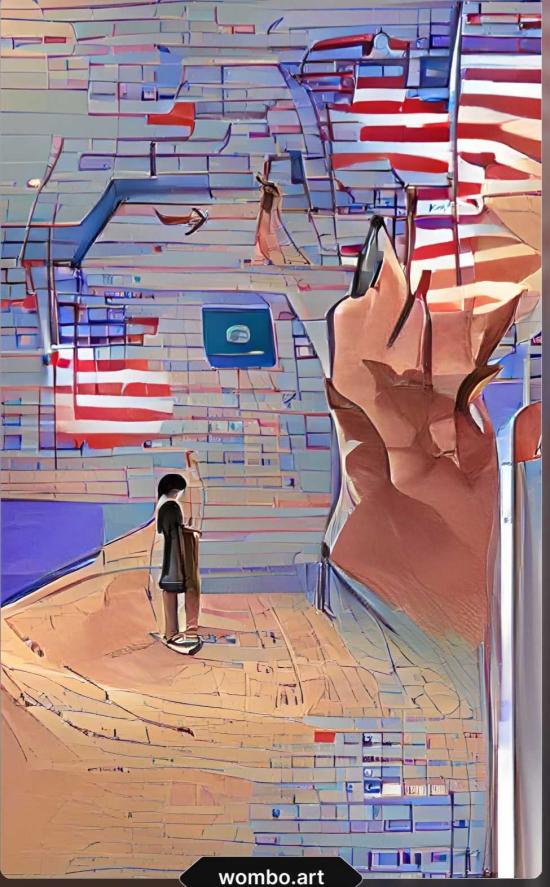Blank Slate: Freedom, Connection, and Accountability in U.S. Virtual Schools
Jonas, Anne. 2021. “Blank Slate: Freedom, Connection, and Accountability in U.S. Virtual Schools.” Doctoral dissertation, University of California, Berkeley.
Abstract
For a small portion of U.S. schoolchildren and their teachers, going to school online was the norm even before the COVID-19 pandemic forced a mass shift to remote learning. Finding conventional schooling ill-suited to their needs, this diverse group turned to virtual schools in an effort to distance themselves from harms they associate with the traditional school experience, balance their external responsibilities and interests with education and work, and focus on the pursuit of learning while extracting what they saw as extraneous elements packaged into standard schools. Virtual schools here propose datafication as a means to proffer freedom for those who chafe under the requirements of traditional schooling.
Drawing on interviews and observations with teachers, parents, students, and industry professionals across the U.S., I find that virtual schools are fueled by existing social inequality, precarity, and destruction of public infrastructure, and contribute to realigning responsibilities from the public and private sectors onto individuals and families. However, this shift is often welcomed or at least tolerated by participants in exchange for a promise to accommodate the diverse conditions under which students and teachers work, and the ability to transform their varied labors into commensurable data without requiring adherence to rigid norms of behavior.
I explore how this process unfolds in a constant tangle between precarious webs of care developed through intensive relational labor and coercive efforts to produce quantifiable metrics legible to the state. While digitization does often increase the sense of distance and opacity between teachers and students, interfering with teachers’ core ability to practice attunement, teachers develop strategies to recuperate visibility and practice caring responsiveness. Affective and relational labor undergirds the functioning of these virtual school systems, providing a way to produce necessary data to meet accountability standards without standardization and to emotionally sustain teachers, students, and parents through difficult times. Yet it also provides workers with leverage against attempts at automation and “de-skilling,” leaving both companies and cash-strapped districts with reasons to work towards diminishing or replacing these methods in search of higher profits and unchecked authority. These processes threaten to reinstate the very harms participants sought to use virtual schools to escape.
As debates about online education reach new heights due to COVID-19, my research advocates expanding beyond narrow measures of scholastic achievement in evaluating virtual schools. Instead, I suggest that we more broadly consider what role digital platforms could play in meeting the diverse needs of participants in contemporary life and challenging the unequal distribution of life chances that has so long prevailed within the American education system.










